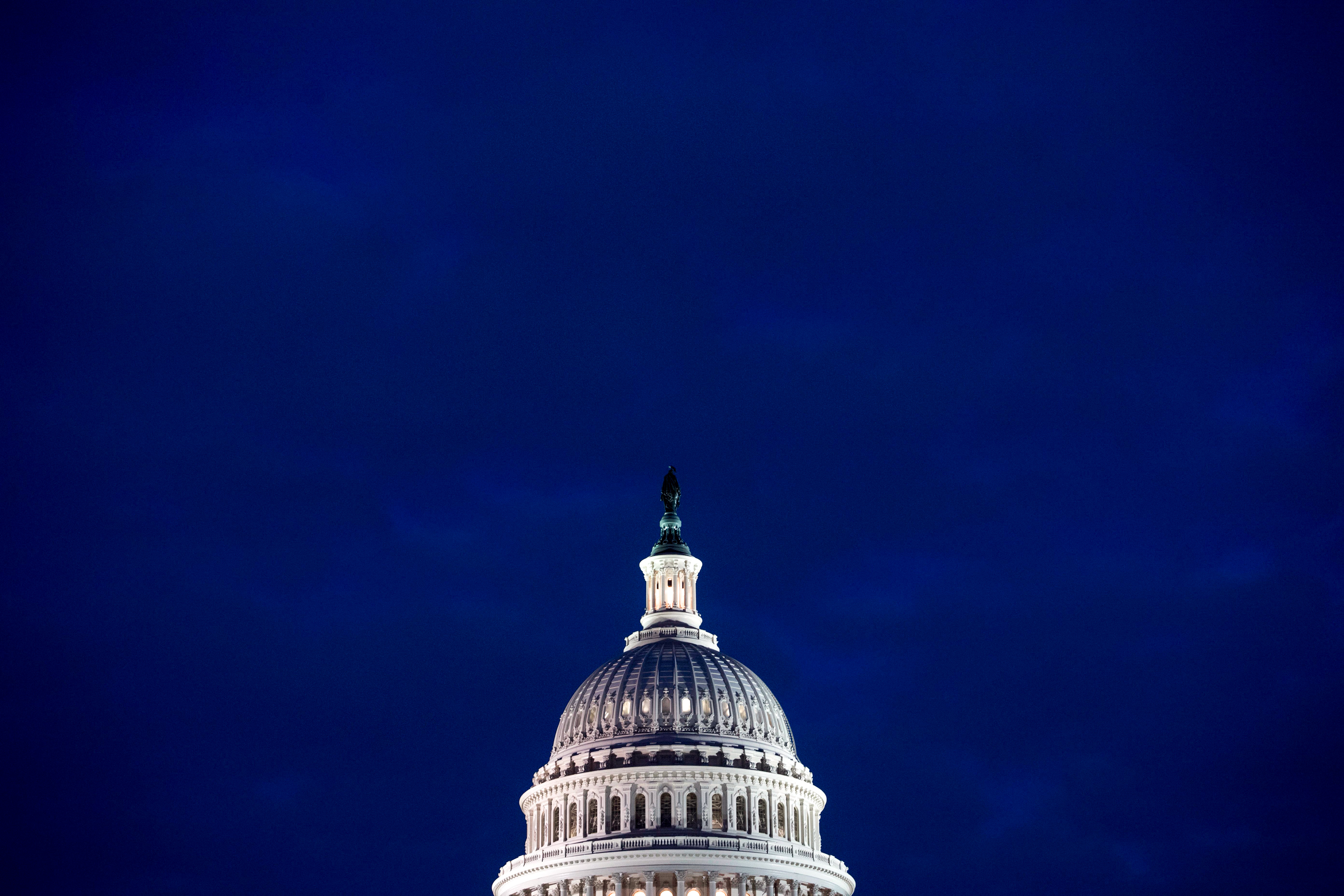WASHINGTON—Lawmakers are returning to Capitol Hill on Sept. 9 after a monthlong recess to work through an ambitious to-do list on a tight deadline.
Congress faces a Sept. 30 deadline to fund the government by passing new spending bills or agreeing to an extension.










